Exploring the appeal of fake IDs among young people
Exploring the appeal of fake IDs among young people
In modern youth culture, there is a desire for restricted experiences, which often drives people to seek fake IDs. This phenomenon is multi-layered and relates to personal, social and developmental factors that shape young people's lives. Fake IDs are a gateway to exploring adult freedoms and integrating into a wider social environment.
Access to exclusive spaces
The main motivation for obtaining a fake ID is the opportunity it provides to enter age-restricted venues, such as bars, nightclubs or live events. For young people, these places are more than just physical locations; they are vibrant social hubs. Going to a popular club or attending a concert can be a pivotal moment in youth culture, filled with memorable experiences. In these spaces, young people can immerse themselves in an adult social atmosphere and connect with peers who share common interests.
The excitement of being part of this scene drives many to invest in fake IDs, even if it is only for a brief opportunity to experience something new. The value lies not in the ID itself, but in the memories and experiences it confers, creating a sense of inclusion and adventure.
Social belonging and peer influence
The power of social inclusion has a significant impact on the desire to obtain a fake ID. Friends play a vital role in youth identity, and fear of missing out (FOMO) can motivate young people to take risks to stay connected to their social circles. If everyone in their friend group is hanging out, someone without an ID may feel left out. Not being able to participate can lead to feelings of isolation and even inadequacy.
Having a fake ID can be seen as a form of social currency. It ensures that individuals are able to join in, strengthening friendships and social connections. Rather than being left out, they can share in the collective experiences that shape their group’s identity. This sense of inclusion is highly valued, and for many, it is the main reason for using a fake ID.
Enriching College Experience
For young people, college often marks a period of independence, exploration, and new discoveries. This time is often filled with social events that shape their perspectives on adult life. Fake IDs can make this transition feel smoother, allowing students to participate in experiences that their peers are already participating in. College parties, local bars, and campus events are all social rituals that contribute to a more fulfilling college experience.
With a fake ID, students can enter these environments, merging their experiences with expectations of what college life will be like. These social events become meaningful memories that allow them to make the most of their time as young adults.
Convenience in social settings
Social gatherings where alcohol is present can present challenges for minors, especially when not drinking makes them stand out. Occasions such as dinner parties or group outings can highlight age restrictions, causing embarrassment or social anxiety. Fake IDs offer a way to seamlessly participate without drawing attention.
By providing access to otherwise restricted products, fake IDs allow young people to blend in and avoid awkward moments of exclusion. This convenience is often seen as essential, ensuring a smooth social experience without the embarrassment of not fitting in.
Early Steps Toward Independence
Adolescence is a time of growth and self-discovery, and many young people are looking for ways to express their independence. For some, having a fake ID represents a small but symbolic step toward the freedom of adulthood, allowing them to make independent decisions. Whether attending a concert or ordering a drink, using a fake ID gives people a sense of autonomy and affirms their growing maturity.
This independence aligns with the universal drive among young people to define themselves on their own terms. Being able to navigate spaces reserved for older adults can feel empowering and mark their first steps toward adulthood. Such experiences help young people develop a sense of self-reliance and allow them to experience the responsibilities of adulthood.
Builds Confidence
For some, the act of using a fake ID can be a confidence booster. The experience of navigating social situations—whether it’s convincing a bouncer or shopping—can make a young person feel more confident. Confidence gained in one setting tends to carry over, boosting their overall self-confidence.
Successfully using a fake ID can create a sense of accomplishment. It can help young people develop social skills and foster a resilient mindset. This newfound confidence empowers them to navigate other challenging situations, making them feel more capable of handling adult interactions.
Expands Social Connections
Age-restricted venues are often viewed as essential social spaces. For young people eager to connect, these environments offer opportunities to meet new people, build friendships, and even explore career possibilities. A fake ID like a New York fake ID, Texas fake ID, or Washington fake ID can serve as a passport to these spaces, broadening social horizons.
This social expansion is appealing to those looking to broaden their horizons. Connections made in these environments may open doors to future opportunities and improve personal and social lives. For curious people with a desire to grow, these experiences are invaluable.
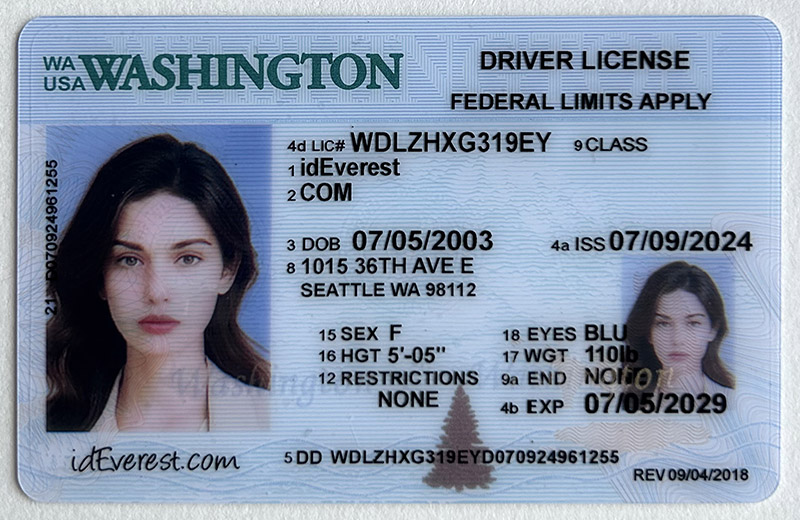
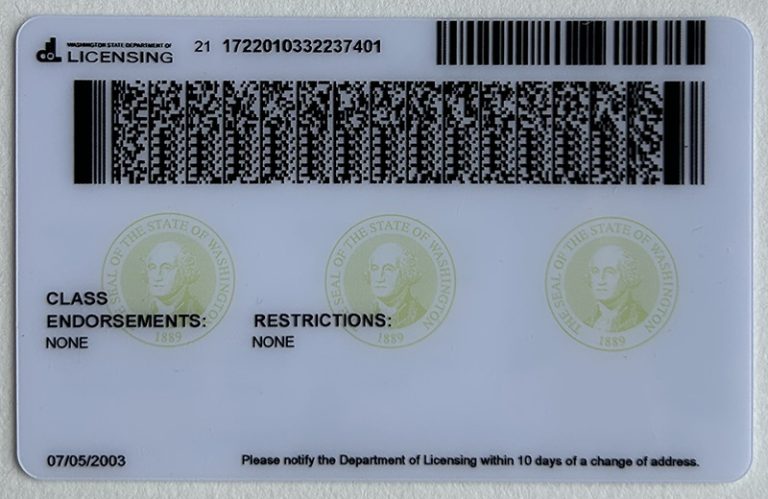
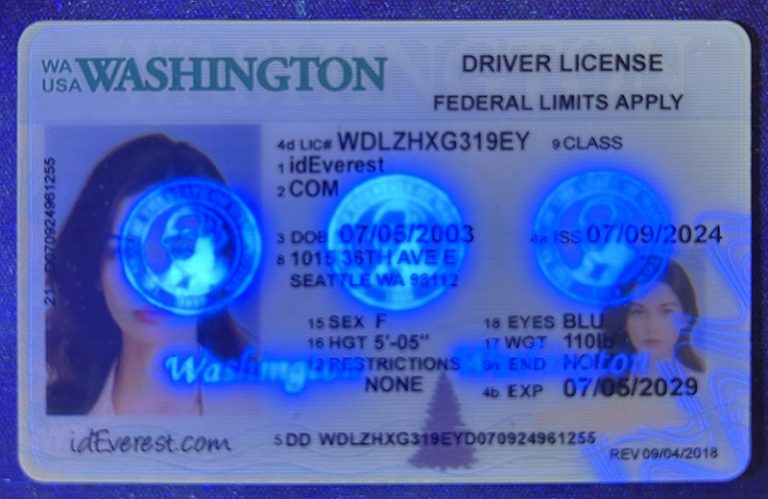
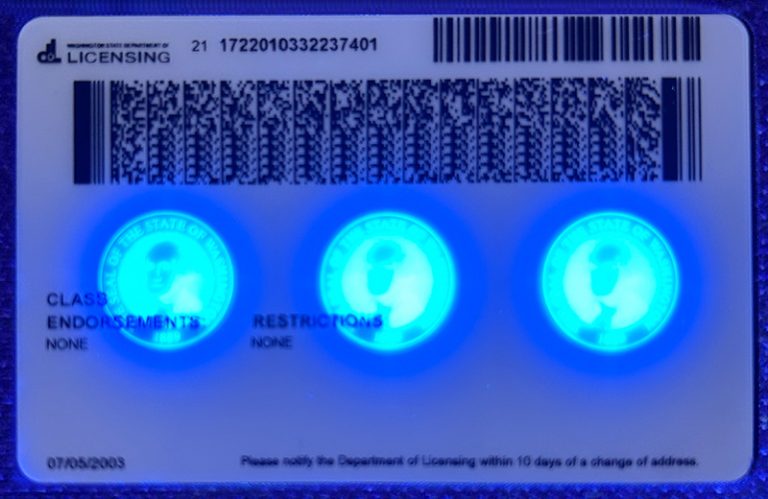
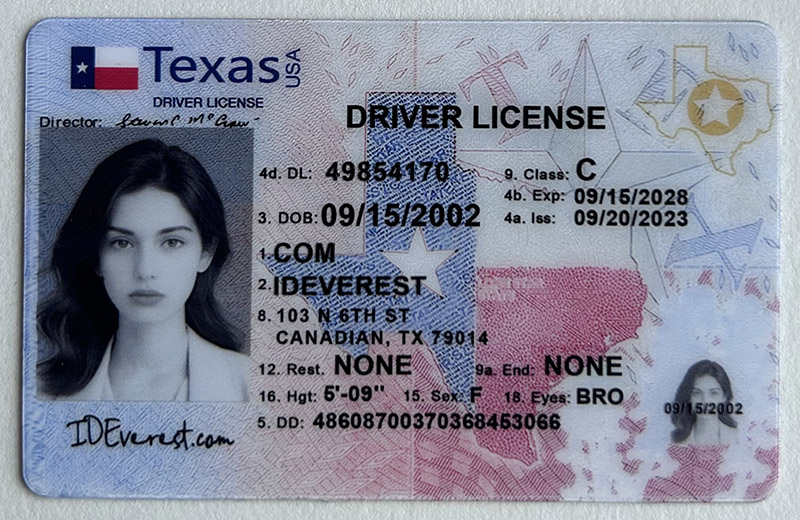
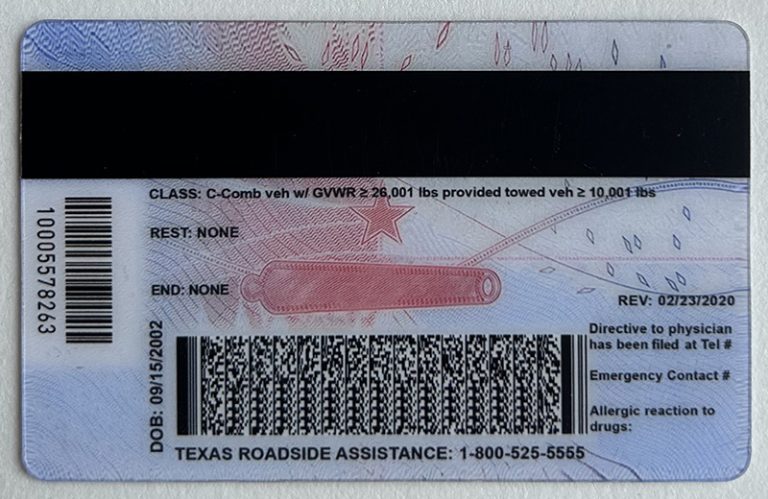
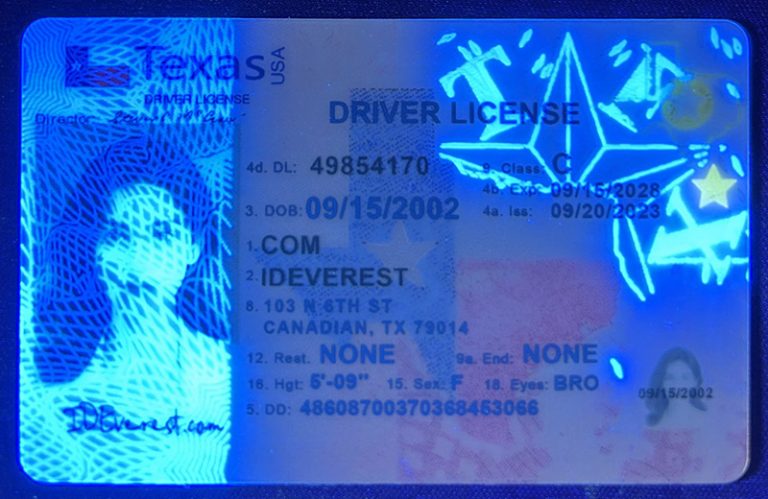
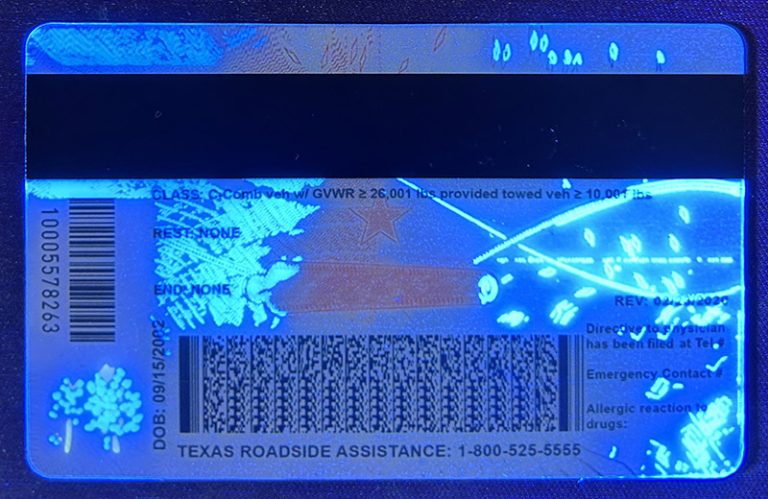
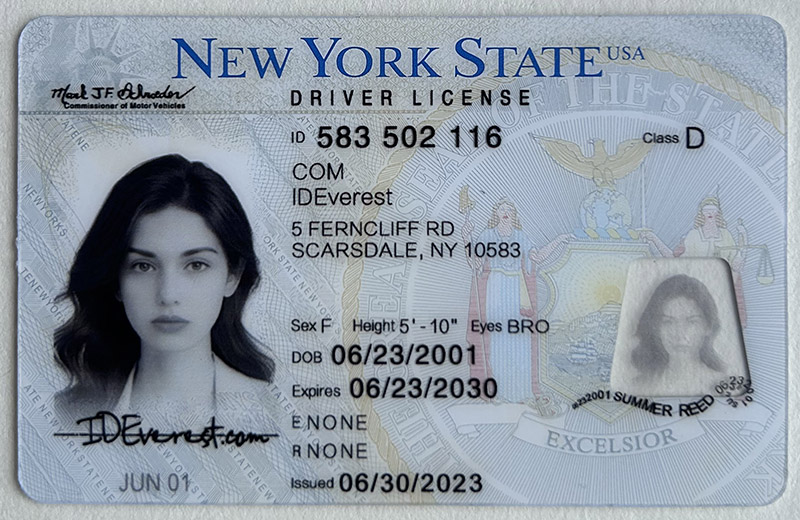
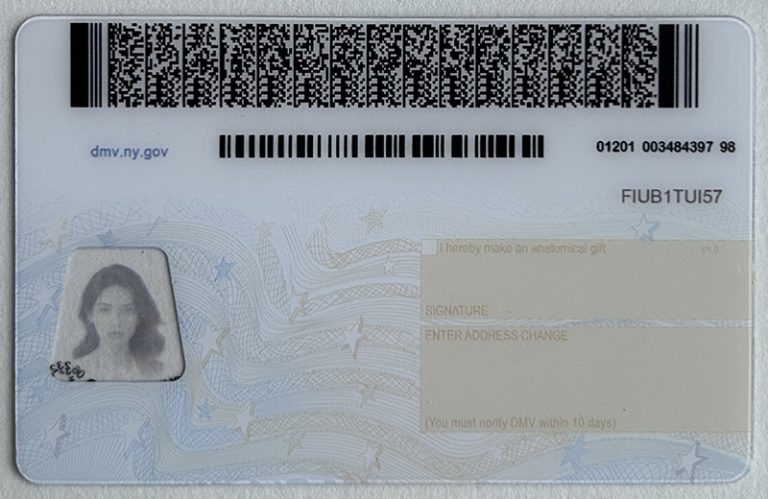
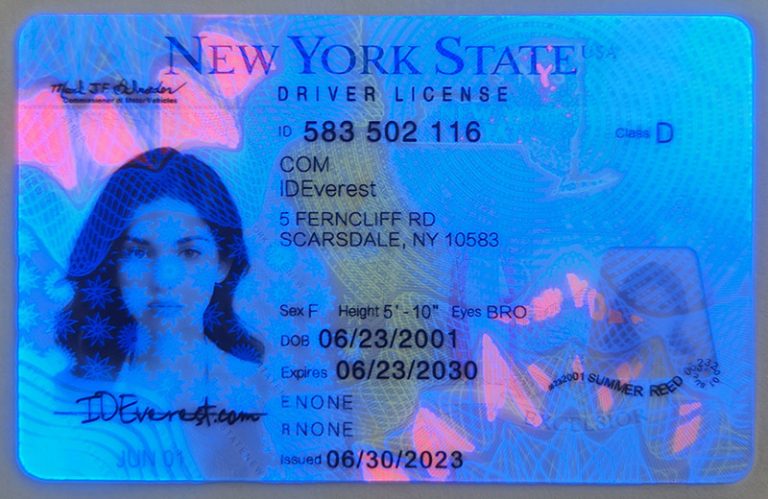
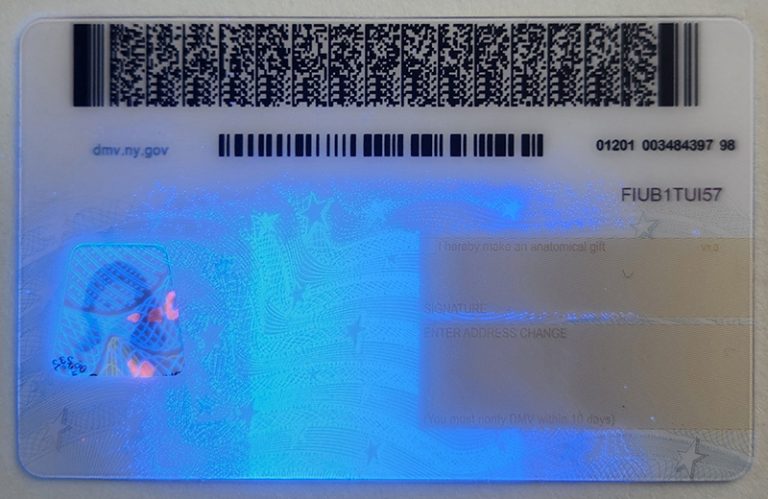
Build a personal image
For some, using a fake ID is not just about gaining access, it is also about projecting a certain image. In a social culture where appearance and status are important, being able to participate in age-restricted activities can help young people project an image of maturity. Going to trendy bars or exclusive clubs can become part of a lifestyle they aspire to.
In cities where nightlife is a major part of the social scene, having access to these venues can be seen as an expression of personal style. Fake IDs allow individuals to participate in environments that they feel reflect their desired identity, thus helping to create a sense of belonging in a scene they identify with.
Conclusion
The appeal of fake IDs goes far beyond simply breaking the rules. For many young people, they represent access to shared experiences, a path to independence, and a sense of belonging in a social circle. This tool becomes a stepping stone to exploring adulthood, helping individuals grow confidence, expand their network, and shape their personal identity. Using fake IDs embodies the drive of young people to explore, connect, and establish themselves in a complex society.
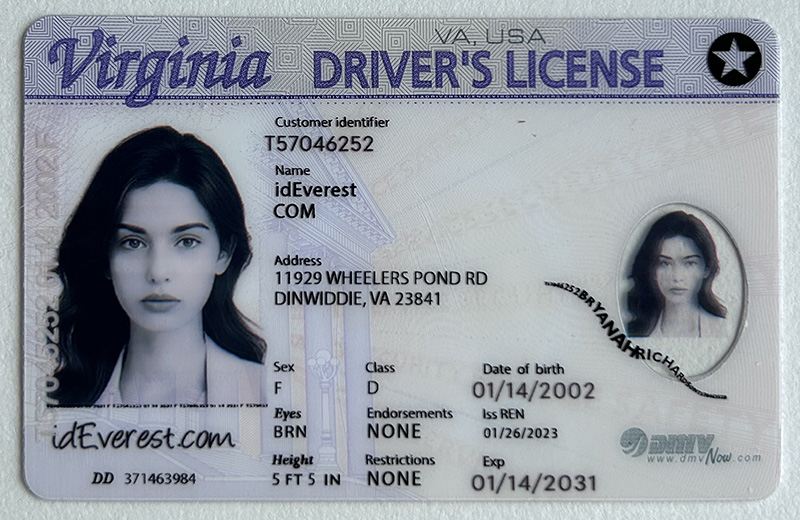 Amazing Features of Virginia S
Amazing Features of Virginia S
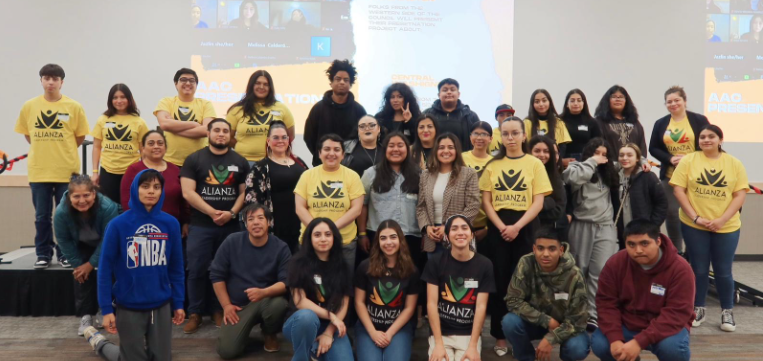 How Teen Networks Empower Fake
How Teen Networks Empower Fake
 Exploring the appeal of fake I
Exploring the appeal of fake I
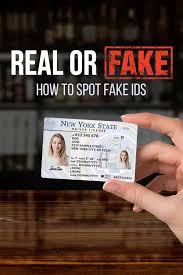 High-Quality Fake ID Illinois
High-Quality Fake ID Illinois